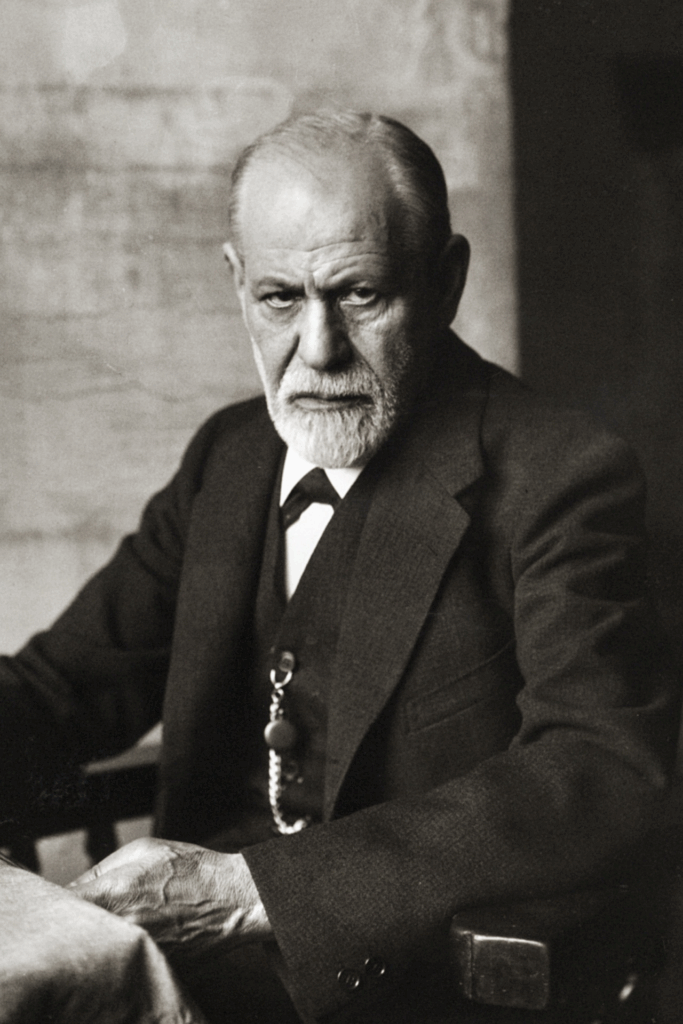Why Psychodynamic Psychotherapy?
Many people seek therapy when they feel stuck or caught in patterns they can’t explain, weighed down by anxiety or low mood, or burdened by the impact of past trauma. These struggles can feel overwhelming, especially when their roots aren’t entirely clear.
Psychodynamic psychotherapy helps to uncover the deeper, often unconscious, causes of emotional distress. Rather than just treating surface-level symptoms, it explores how early relationships and past experiences shape how we relate to ourselves and others today.

This form of therapy has a rich and respected history. Developed from the early work of Sigmund Freud in the late 19th century, it has evolved through the contributions of influential clinicians like Melanie Klein, John Bowlby, Donald Winnicott, and many others. These thinkers expanded our understanding of human development, attachment, and the inner emotional world.
Today, psychodynamic therapy is considered a gold standard in mental health treatment—backed by decades of research showing its effectiveness for depression, anxiety, personality difficulties, trauma, and more. It is widely used across clinical settings and supported by professional bodies around the world.
Whether you’re struggling with emotional pain that won’t go away, relational challenges, or long-standing internal conflicts, psychodynamic therapy offers space to understand—not just to cope. In this kind of work, change happens not by force, but through insight, reflection, and genuine connection.
At Broadleaf Psychotherapy, both short-term and open-ended support is available, tailored to your unique needs. You’re not expected to have the answers—but together, we can begin to make sense of the past, and create new possibilities for the future.

Melanie Klein (1882–1960) Pioneer of object relations theory
“All human relationships are coloured by early emotional experience.”
Klein expanded psychoanalysis to explore the inner emotional lives of children and shaped the foundations of modern psychodynamic thought.
John Bowlby (1907–1990) Founder of attachment theory
“The propensity to make strong emotional bonds to particular individuals is a basic component of human nature.”
Bowlby integrated developmental psychology with psychoanalytic thinking, emphasizing the role of early attachment in lifelong emotional health.
